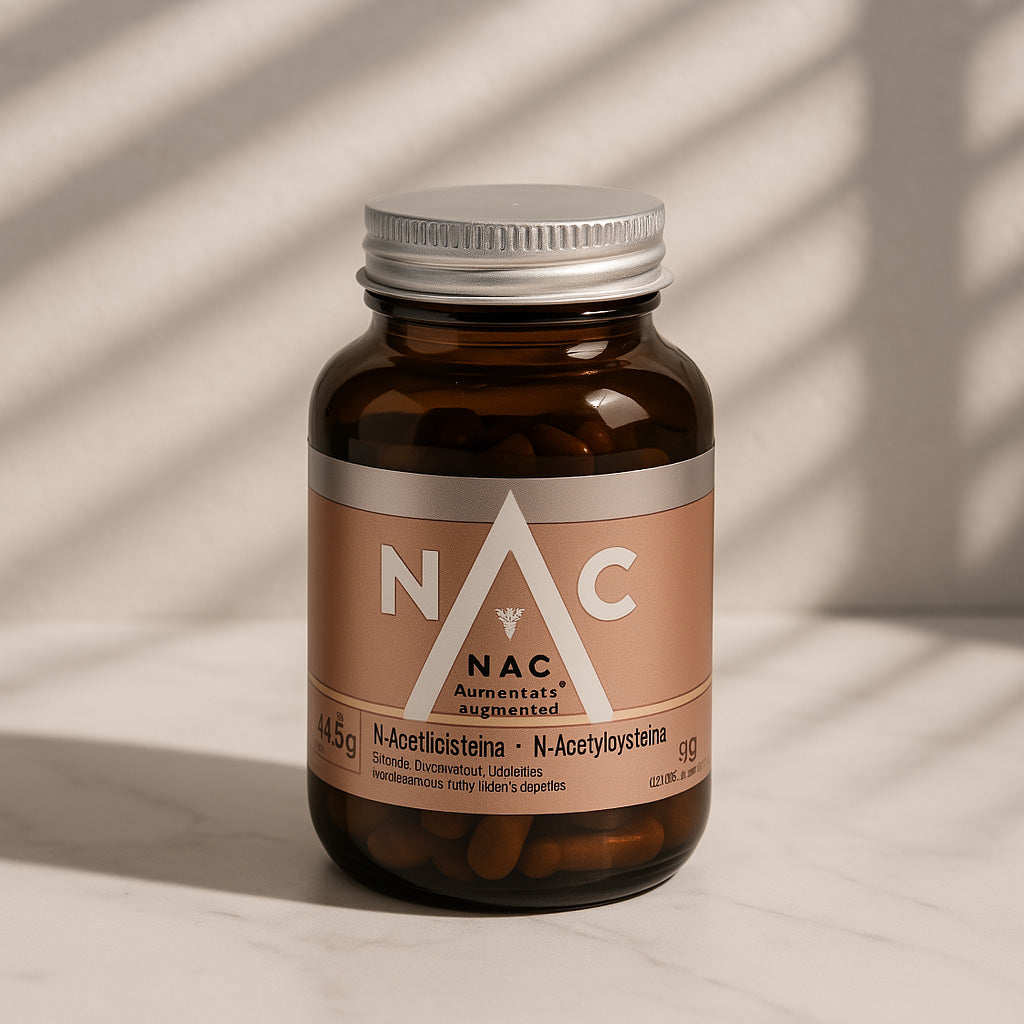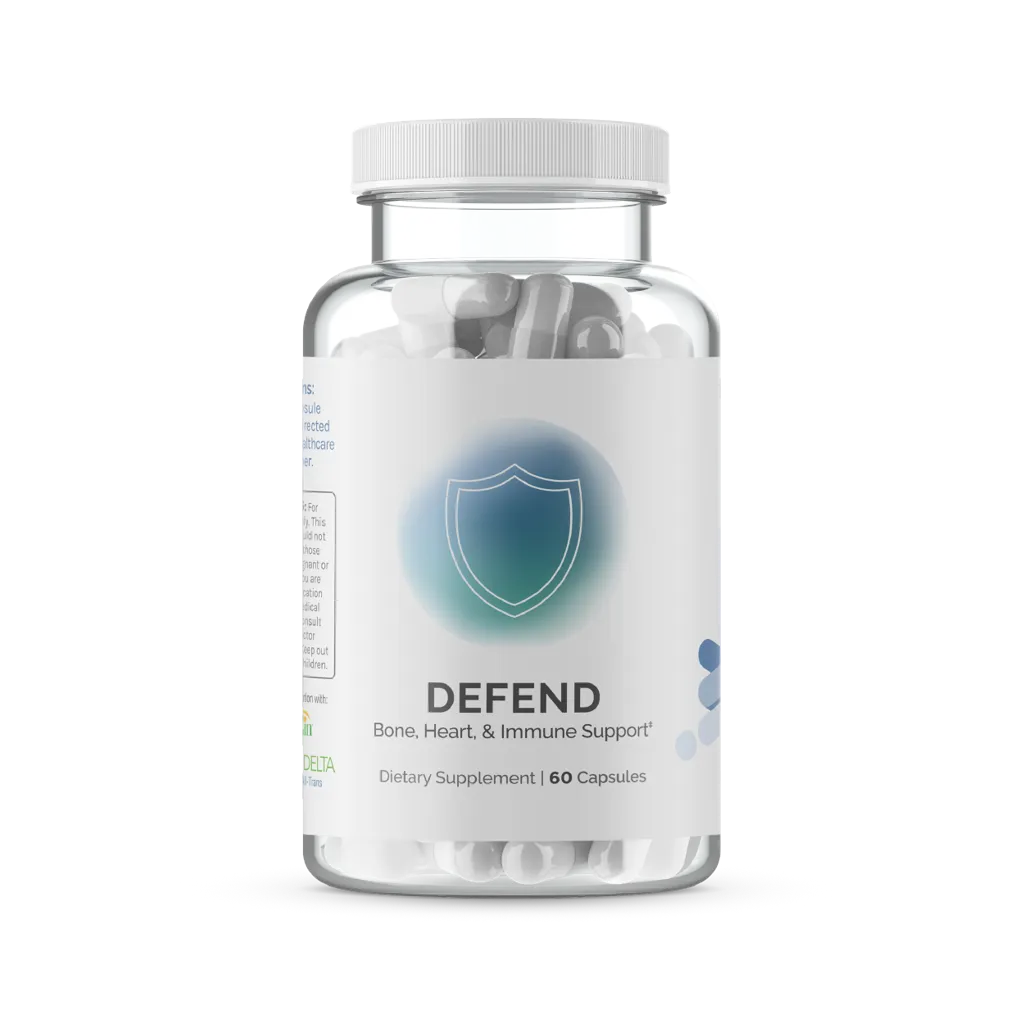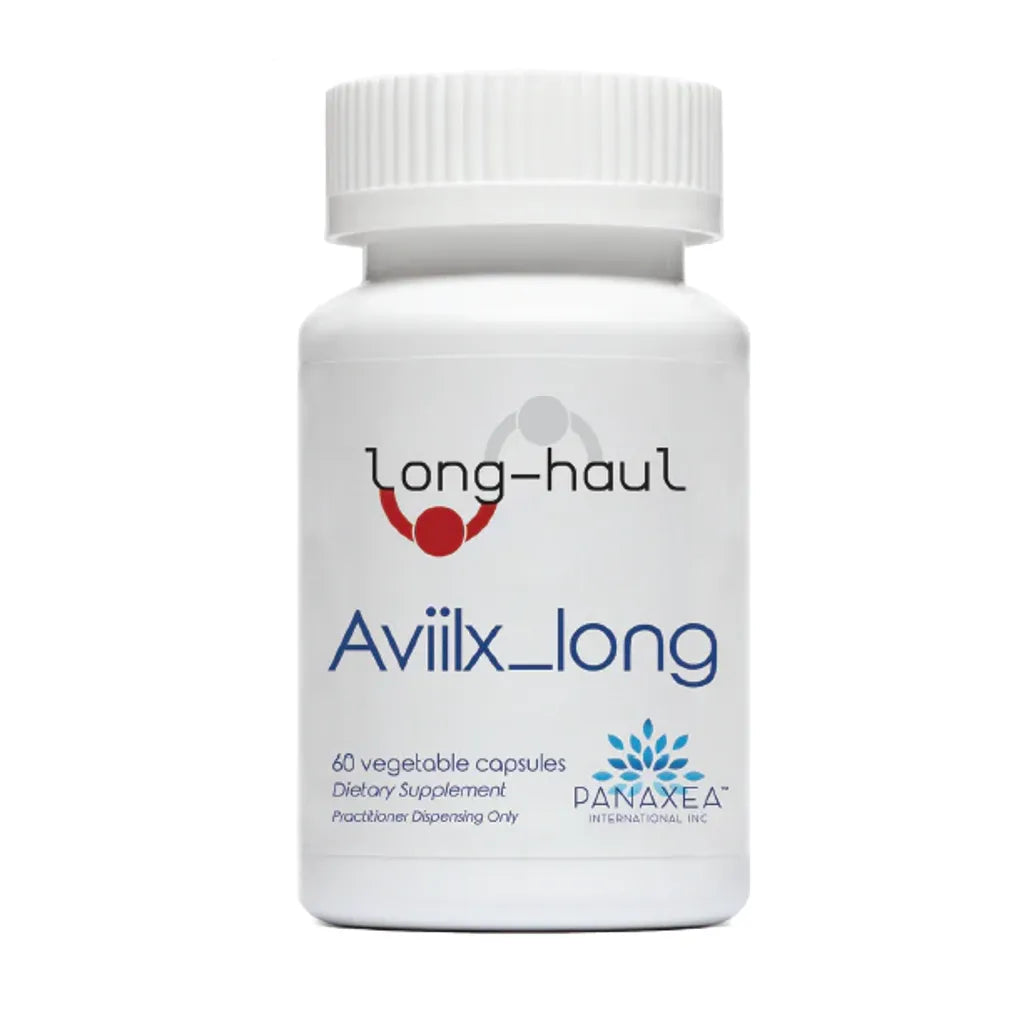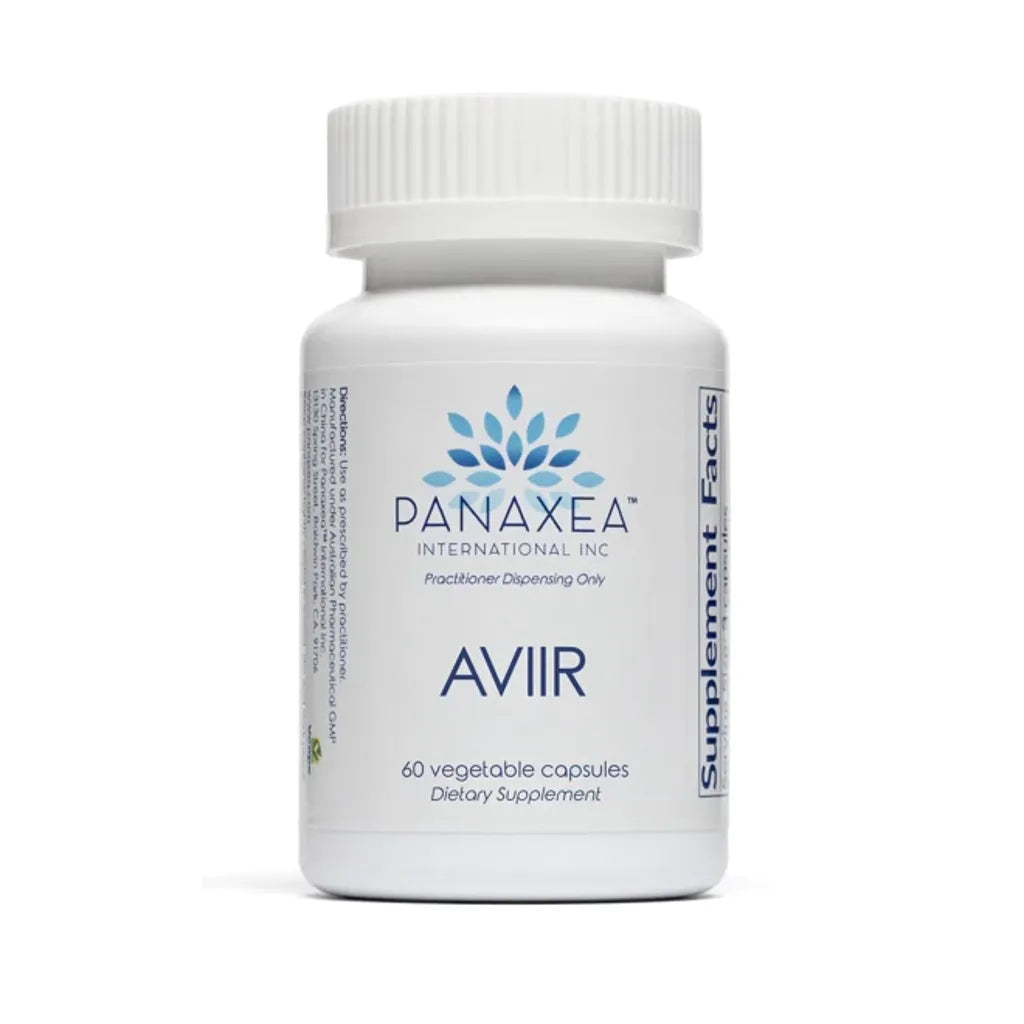When most people think about heart health, cholesterol is the first thing that comes to mind. For decades, cholesterol numbers have dominated annual checkups and medication decisions. But cardiovascular science has advanced, and today we know that heart health is about much more than cholesterol alone. Blood pressure, vascular flexibility, inflammation, lifestyle, and even sleep all shape long-term outcomes. This guide explores the bigger picture of cardiovascular health and where your daily habits fit in.
The heart as more than a pump
Your heart beats about 100,000 times a day, circulating blood through 60,000 miles of vessels. It adapts constantly to physical, emotional, and metabolic demands. Protecting heart health means more than avoiding blockages—it means supporting vessel resilience, energy metabolism, and recovery (NIH: Heart health).
Core drivers of cardiovascular health
- Blood pressure: Sustained high levels strain vessels and microcirculation, leading to stiffening and damage.
- Cholesterol and lipids: LDL, HDL, and triglycerides matter, but they are only one piece of risk.
- Inflammation: Chronic low-grade inflammation damages the endothelium (vessel lining), setting the stage for plaque buildup.
- Stress: Cortisol and adrenaline keep vessels constricted, raise blood pressure, and disrupt heart rhythms over time.
- Lifestyle inputs: Daily nutrition, movement, and sleep all feed directly into cardiovascular resilience.
Blood pressure: the hidden load
High blood pressure (hypertension) is one of the strongest predictors of cardiovascular events. It often has no symptoms until advanced damage is done. Lifestyle—movement, sodium/potassium balance, sleep, and stress—exerts a major influence. See Blood Pressure Basics for details.
Cholesterol: part of the puzzle
Cholesterol is still relevant. LDL contributes to plaque, while HDL helps clear it. But cholesterol interacts with inflammation, oxidative stress, and vessel integrity. Two people with the same LDL may have very different risk depending on blood pressure, diet, and lifestyle (AHA: Cholesterol).
Vascular flexibility: micro and macro
Arteries should expand and contract with each heartbeat. When they stiffen, the heart works harder, raising risk of stroke and heart failure. Microvascular health—tiny capillaries that deliver oxygen—matters just as much. See Circulation & Microvasculature to learn more.
Inflammation and stress
Chronic stress and inflammation are often invisible but profoundly damaging. Inflammation destabilizes plaques, while stress hormones keep vessels constricted. Managing both is critical. See Stress 101 for practical resets.
Lifestyle levers that matter
- Nutrition: Diets rich in vegetables, fruits, whole grains, fish, nuts, and olive oil lower risk. Limiting processed foods, added sugars, and excess sodium supports vascular health (Harvard: Heart diet).
- Exercise: Both cardio and resistance training improve vascular function, metabolism, and longevity. See Exercise for Longevity.
- Sleep: Deep, restorative sleep is essential for repair and blood pressure regulation. See Sleep 101.
- Stress management: Mindfulness, movement, and social support buffer cortisol and inflammation. See Stress 101.
Supplements as adjuncts
Supplements don’t replace lifestyle, but some show promise. Omega-3s support triglyceride balance and heart rhythm. CoQ10 helps with mitochondrial energy in the heart muscle. Magnesium supports vascular tone. Beetroot boosts nitric oxide. See Supplements Under Study for details.
Prevention vs. treatment
Preventing heart disease starts earlier than many think. Subtle vessel changes can occur in young adulthood. Lifestyle is most powerful when applied consistently across decades. Even after diagnosis, changes in diet, exercise, sleep, and stress still make a measurable difference (Cleveland Clinic: Prevention).
Cross-links to related guides
- Blood Pressure Basics — what lifestyle really shifts.
- Circulation & Microvasculature — oxygen delivery matters.
- Exercise for Longevity — cardio, resistance, intervals.
- Supplements Under Study for Heart Health.
- Longevity 101 — aging context.
- Sleep 101 — recovery.
- Stress 101 — stress links to cardiovascular health.
FAQ
Is cholesterol still important?
Yes, but it’s only one factor. Think of cholesterol as one thread in a larger web that includes blood pressure, inflammation, vessel function, and lifestyle.
Can lifestyle changes really reverse heart disease?
In some cases, intensive lifestyle programs (nutrition, stress management, movement) have shown reversal of plaque buildup. More commonly, lifestyle slows progression and reduces events.
Does exercise have to be intense?
No. Even brisk walking provides major benefit. Intensity can add efficiency, but consistency matters most.
What’s the best diet for heart health?
Mediterranean-style patterns are most consistently supported by research: lots of vegetables, whole grains, fish, nuts, olive oil, and minimal processed foods.
When should I be screened?
Adults should have blood pressure checked at least every 1–2 years, cholesterol every 4–6 years, and earlier or more frequently if risk factors are present.
Authority resources: NIH: Heart health · AHA: Cardiovascular disease · Harvard: Heart diet · Cleveland Clinic: Prevention · Mayo Clinic: Heart disease











